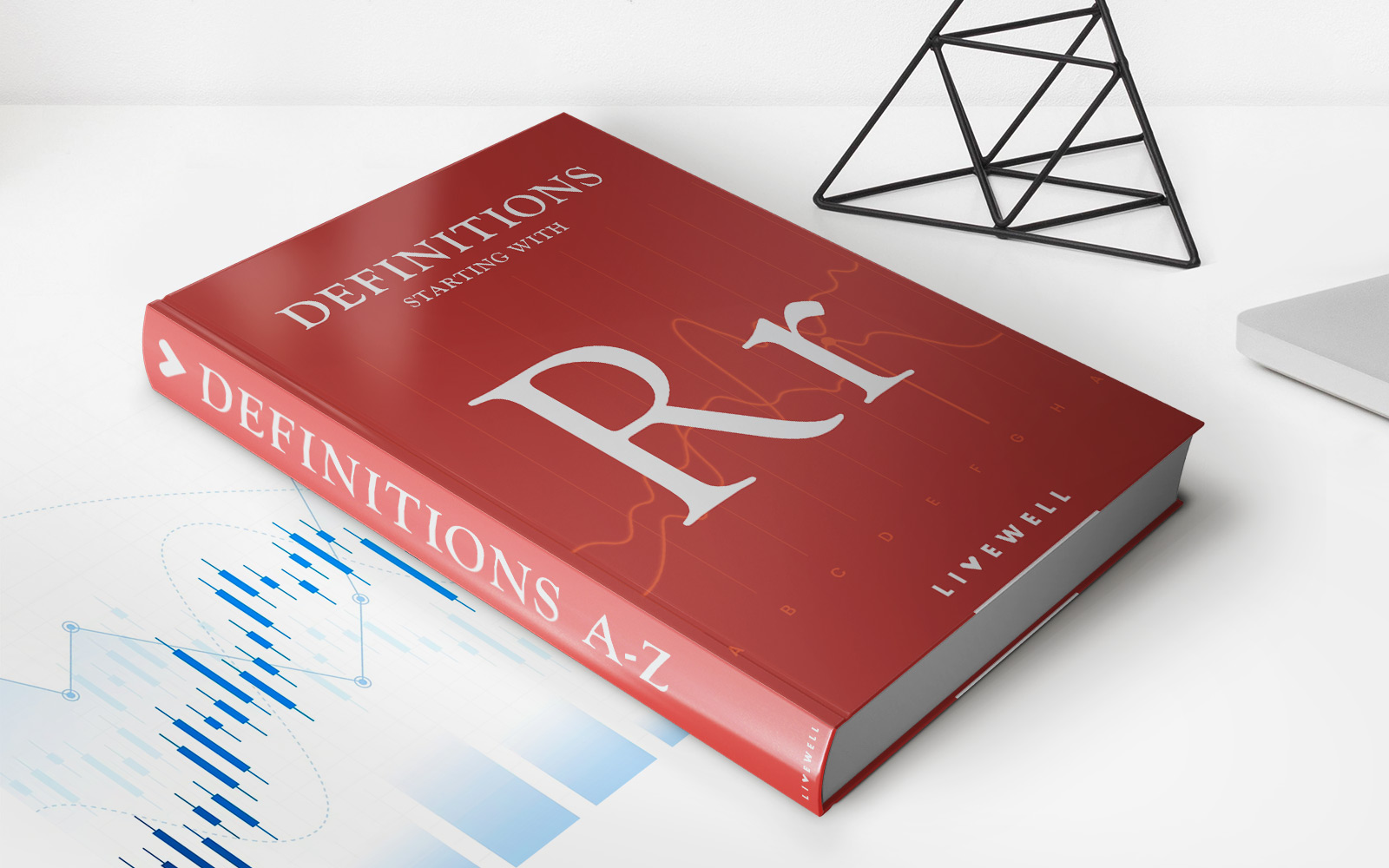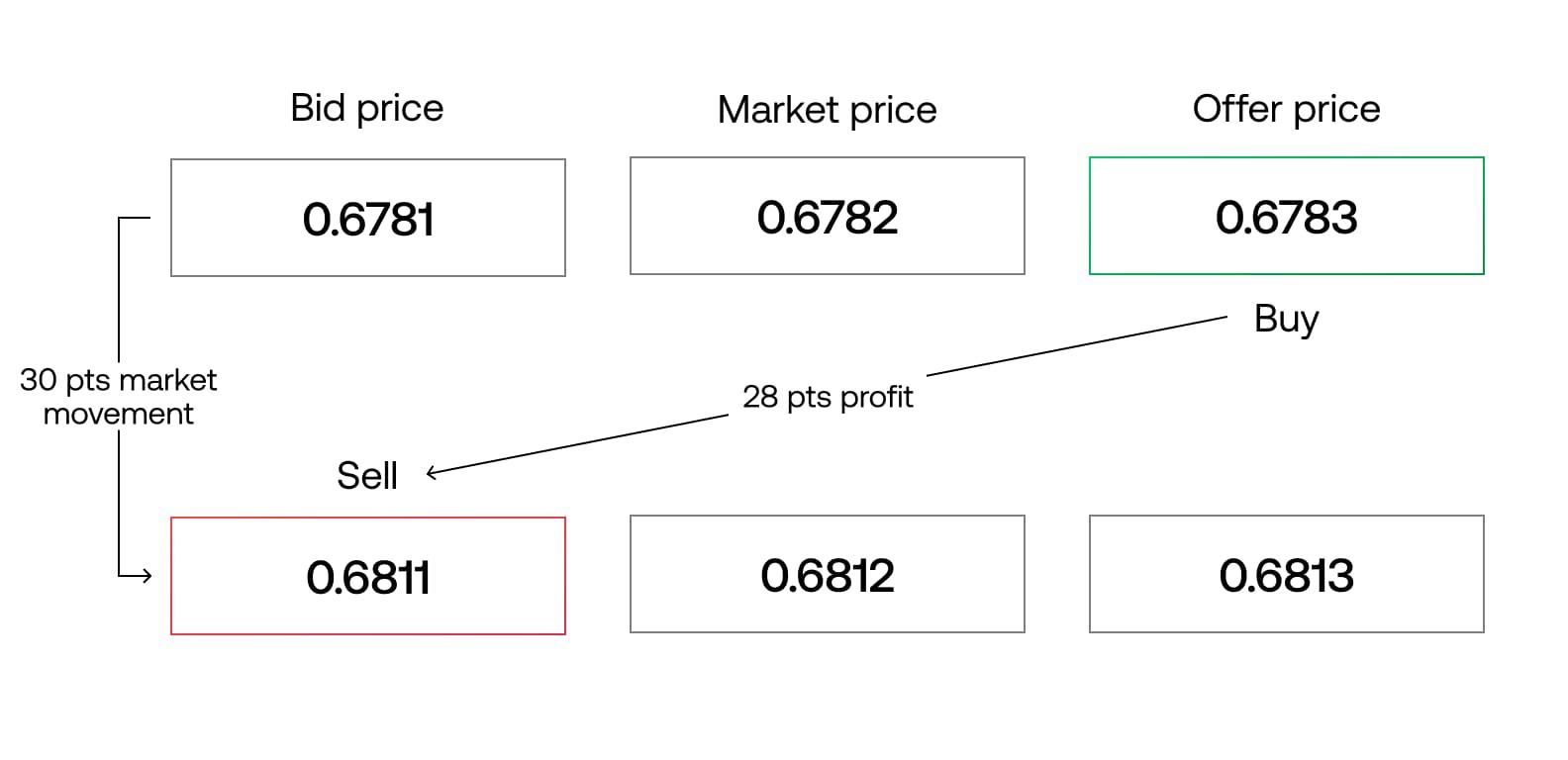

Finance
Real-Time Forex Trading Definition
Published: January 16, 2024
Learn the definition of real-time forex trading and how it relates to finance. Enhance your understanding of this dynamic financial market.
(Many of the links in this article redirect to a specific reviewed product. Your purchase of these products through affiliate links helps to generate commission for LiveWell, at no extra cost. Learn more)
Real-Time Forex Trading Definition: How it Works and Its Importance in Finance
Welcome to our Finance category blog post, where we delve into the fascinating world of Real-Time Forex Trading. In this article, we will discuss what real-time forex trading is and why it is crucial in the field of finance. If you’re curious about the workings of this dynamic market and how it impacts the global economy, then you’re in the right place!
Key Takeaways:
- Real-time forex trading refers to the buying and selling of currencies in the foreign exchange market at the current market price.
- For individual traders, real-time forex trading can be accessible through online platforms, enabling them to take advantage of fluctuating currency values instantaneously.
Understanding Real-Time Forex Trading
Forex, short for foreign exchange, is the largest and most liquid financial market in the world, with trillions of dollars traded daily. Real-time forex trading involves the buying and selling of currencies based on their current market value. Unlike stocks or futures markets, the forex market operates 24 hours a day, five days a week, allowing trading activities to happen in real-time across different time zones.
Real-time forex trading provides traders with the opportunity to profit from fluctuations in currency exchange rates. As currencies constantly fluctuate due to various economic and geopolitical factors, traders can take advantage of these price fluctuations to buy low and sell high, generating potential profits. The ability to trade in real-time helps investors respond quickly to market changes and execute trades at the optimal moment.
The Importance of Real-Time Forex Trading in Finance
Real-time forex trading plays a vital role in the finance industry due to several reasons:
- Global Economy: The forex market is intrinsically linked to the global economy. Currency exchange rates reflect the economic health of countries and their monetary policies. By monitoring and analyzing real-time forex data, financial institutions, governments, and investors can gain insights into economic trends and make better-informed decisions.
- Foreign Investments: Real-time forex trading is essential for businesses and individuals engaged in international trade and investments. Fluctuating exchange rates can significantly impact the profitability of cross-border transactions. Accessing real-time forex data allows businesses to hedge against currency risks and effectively manage their foreign exchange needs.
- Speculation and Investment Opportunities: Real-time forex trading attracts speculators and investors looking to profit from currency movements. By closely monitoring the forex market, traders can identify potential opportunities and implement strategies based on economic indicators, geopolitical events, and technical analysis. This active participation contributes to market liquidity and ensures efficient price discovery.
Conclusion
Real-time forex trading is a crucial aspect of the finance industry that allows traders and investors to participate in the dynamic forex market. By understanding the real-time movements of currency exchange rates, individuals can capitalize on opportunities and manage risks effectively. Whether you are an individual trader or a financial institution, staying updated with real-time forex data is essential for making informed financial decisions in a globalized economy.
We hope this article has shed some light on the definition and importance of real-time forex trading in the world of finance. If you have any further questions or would like to explore more finance-related topics, make sure to check out our other blog posts in the Finance category!














